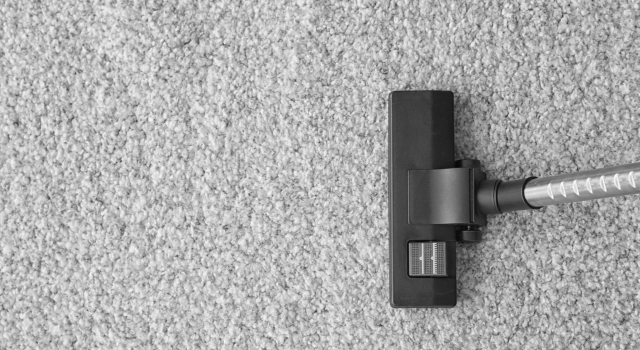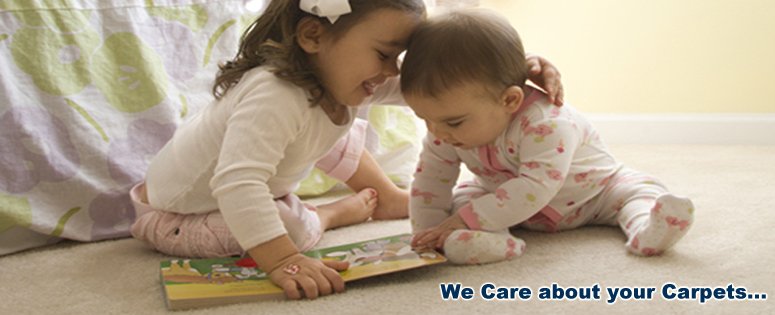Carpets make our homes feel warm and welcoming. They’re soft, cozy, and add a nice touch to any space. But if you’ve started to notice fuzz all over the floor or your vacuum is picking up more fluff than usual, your carpet is probably shedding.
Shedding is super common with new carpets. It can be annoying, but don’t worry—it’s usually temporary and totally manageable. Let’s talk about why it happens and what you can do to deal with it.

What is carpet shedding and why does it happen?
Carpet shedding is when loose fibers come out of the carpet pile, especially in the first few weeks or months after installation. This happens because some fibers aren’t fully secured during manufacturing. It’s totally normal and not a sign of a defect.
Shedding varies depending on the fiber type and carpet quality:
- Wool and longer synthetic fibers like nylon or polyester tend to shed more at first.
- Lower-quality carpets with loosely woven or tufted fibers shed more than higher-quality, tightly constructed carpets.
- Environmental factors like changes in humidity and temperature can make fibers dry out and shed easier, especially in dry or high-traffic spaces.
How to reduce carpet shedding
Maintain a vibrant carpet by following these simple steps. Shedding won’t last forever, but here’s what you can do to keep it under control:
- Vacuum regularly (but gently)
Use a vacuum with a rotating brush or beater bar, but avoid overly aggressive settings that might damage fibers. Vacuum at least 1–2 times per week. - Use a carpet rake
A carpet rake helps lift and remove fibers that are stuck within the pile. Gently rake in the direction of the carpet nap. - Schedule professional carpet cleaning
A deep clean every 6–12 months helps remove embedded dirt, loose fibers, and allergens. If you’re local, our carpet cleaning experts in Coral Springs get right down into the pile to refresh and restore your carpet without stressing the fibers. - Trim stray fibers carefully
Use scissors to snip any protruding fibers rather than pulling them, which could cause more damage. - Pick the right carpet from the start
Even high-quality carpets can shed a little at first, but they tend to hold up better over time. Still, regular care—and the occasional deep clean—makes all the difference no matter which carpet you choose. - Be patient with new carpets
Most shedding fades within the first few months. Keep up a consistent routine and avoid over-cleaning, which can sometimes do more harm than good.
Step-by-step routine to reduce shedding at home
Want a quick weekly game plan? Here’s a routine that’s easy to follow:
Step 1: Quick check
Look for visible fluff or lint before vacuuming. Pick it up by hand if you can.
Step 2: Light brushing
Use a soft carpet brush to loosen hidden fibers. Go with the pile, not against it.
Step 3: Vacuum smart
Set your vacuum height to match your carpet type. Don’t go over the same spot a dozen times—slow, steady passes work better.
Step 4: Trim the fuzz
Snip any long fibers still hanging around. Make sure not to cut into the pile itself.
Step 5: Let it breathe
Open windows or turn on a fan to get airflow across your carpet. It helps prevent static and brittle fibers.
Pro tip: Avoid using carpet powder cleaners while your carpet is shedding. They can cling to loose fibers and create even more mess.
Need help with stubborn shedding?
If your carpet’s still shedding like crazy, we can totally help. At Heaven’s Best Carpet Cleaning, our professional carpet cleaning in Coral Springs, FL is great for getting rid of lingering fibers and giving your carpet a fresh, clean boost.
Give us a call at 954-821-8198 and we’ll get your carpet looking like new—minus the fuzz.



